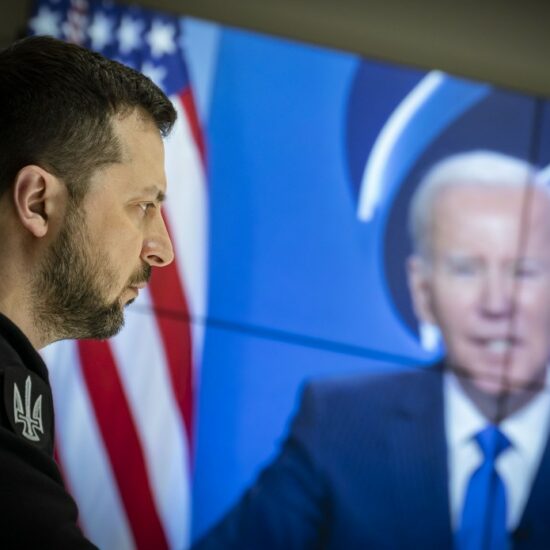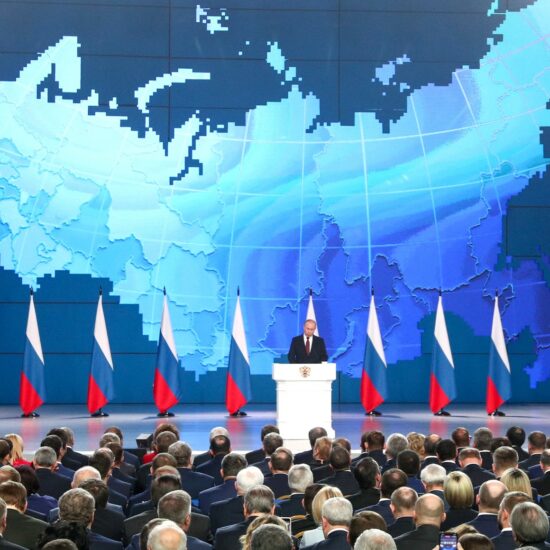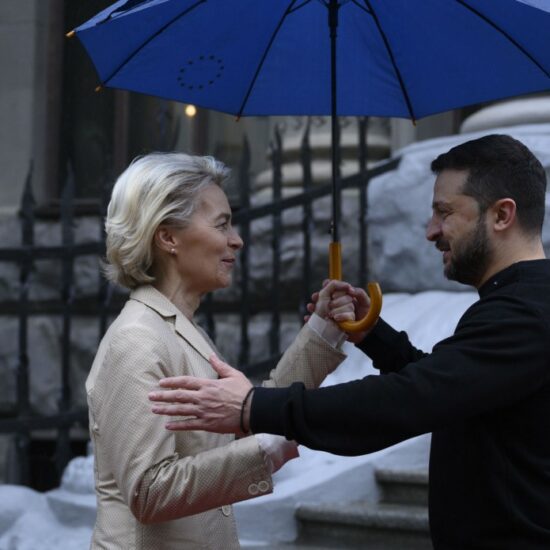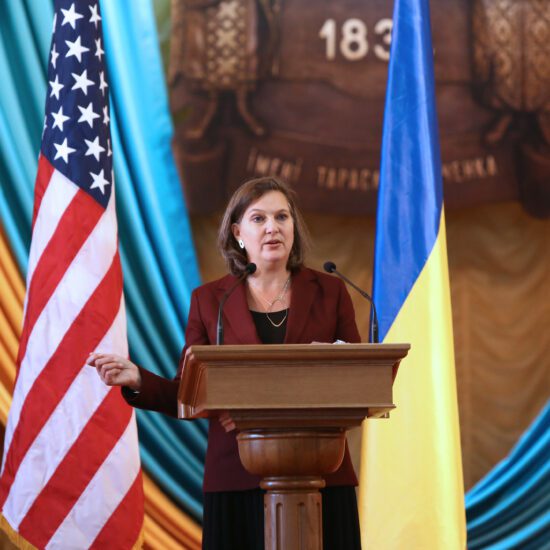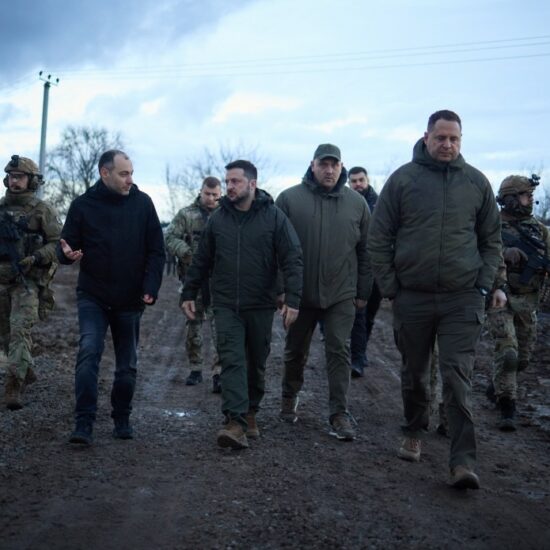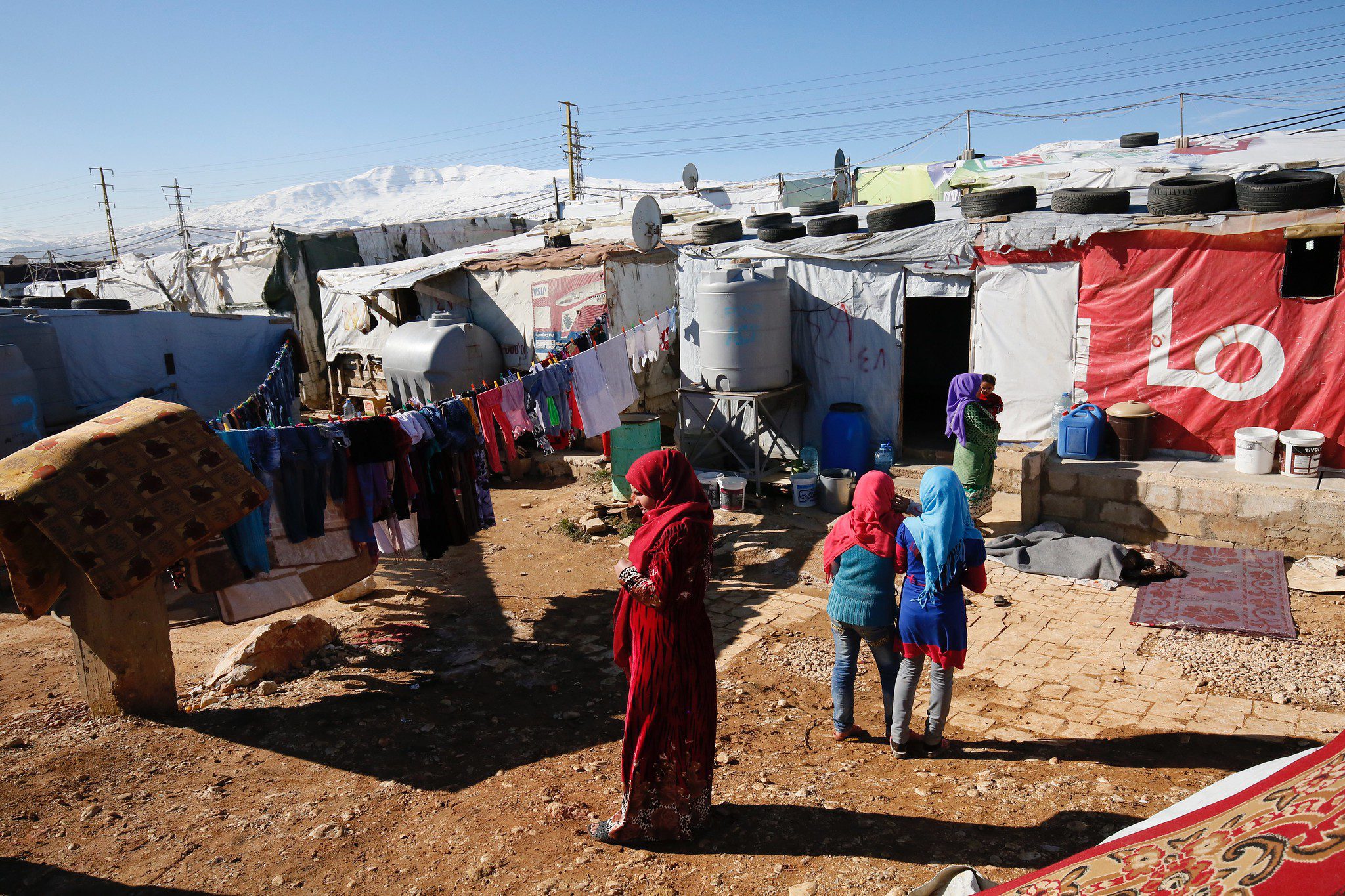
Image credit: UK Department for International Development
By Wardah Malik
At least 59 civilians were killed in strikes on Monday as the Assad regime increased its assault on the rebel-held province of Idlib. Mark Cutts, UN Deputy Humanitarian Coordinator for Syria stated that “the nightmare in Idlib is getting worse with many of the victims being women and children.”
The Syrian forces backed by Russian airpower and Shia militias have led a military campaign against opposition groups to seize complete control of Idlib since April. For Assad, Idlib stands in the way of a decisive victory against the rebels in the East. Anna O. Pechenkin, contributor to the Washington Post argues that indiscriminate attacks against civilians is a deliberate strategy by Assad to exert influence and power, specifically over Turkey.
The province is equally important to both Assad and Turkey. Idlib borders Turkey, which has previously provided significant logistical support to the rebels fighting to topple Assad. Turkey also maintains about a dozen military observation posts around Idlib. Senior Turkish officials have also expressed concerned for Syrian civilian life, stating: “they [Assad’s forces] have lost in Idlib, and will continue to lose. They cannot bomb their way into victory. Only infamy.”
The UN has advised against a full-scale assault on Idlib, warning that it would displace people and “unleash a humanitarian nightmare unlike any we have seen.” This is because Idlib has become home to over 3 million internally displaced people who moved once the province was designated as a “ safe” or “de-escalation zone” (DEZ). Turkey, already home to 3 million refugees, fears a new wave of people breaching its border and has now begun a crackdown on illegal migrants. The stricter approach is in part due to a 2016 deal between Turkey and European Union aimed at curbing the passage of refugees to Europe. President Erdogan has also commented on increasing anti-Syrian sentiment, noting that the Turkish public now consider refugees as an intolerable economic burden.
Last but not least, Turkey has accused the Syrian government of violating safe zone agreements and advised Russia that its “ally must be controlled.” Russian President Vladimir Putin, however, has refused to rule out a full-scale attack on Idlib. As the death toll continues to rise, the US has pushed for a more political resolution that reinstates the DEZ in Idlib. Nevertheless, a return to the DEZ seems unlikely as the Assad’s forces and it allies continue to break the terms of ceasefire in order to recapture territories such as Idlib.





